
Similar Posts
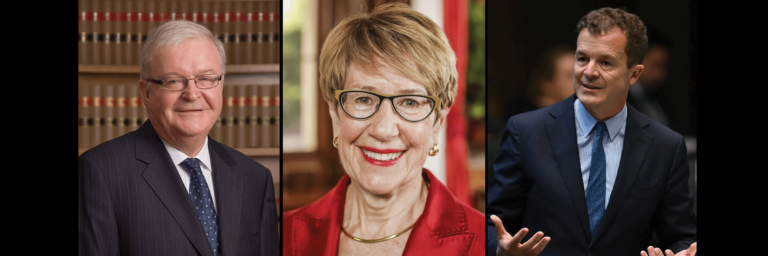
A Second Inquiry for Kathleen Folbigg
Fourteen months after the request for a pardon was presented, the Governor of NSW, the Hon Margaret Beazley, has announced that a second inquiry would be held into the conviction of Kathleen Folbigg. This recommendation was made by the Attorney…
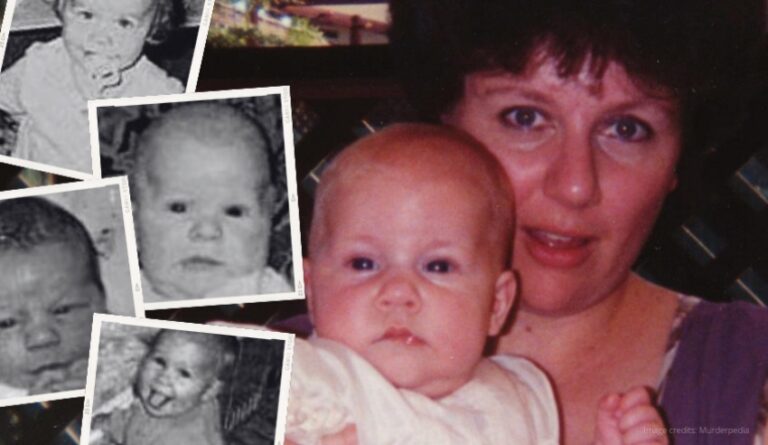
Kathleen Folbigg’s legal team request an inquest.
Kathleen Folbigg’s legal team has launched a request for a coronial inquest into the deaths of her children.
An inquest should identify the medical evidence that supports the contention that the children died of natural causes.
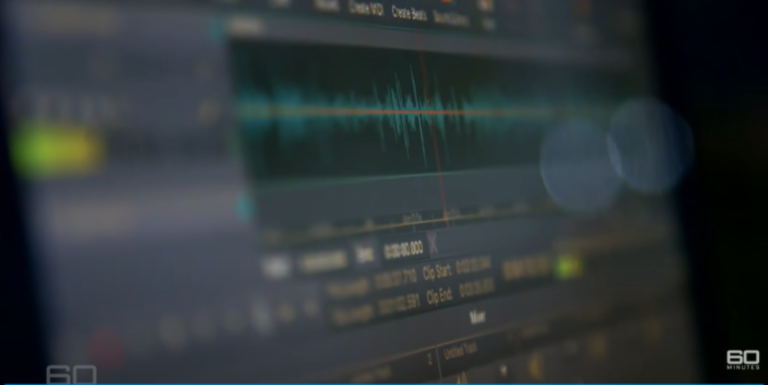
60 Minutes Folbigg Tapes
60 Minutes presents the scientific data and opinion that proves there are real medical explanations for the death of Kathleen’s children. Kathleen’s conviction can’t possibly be beyond reasonable doubt.
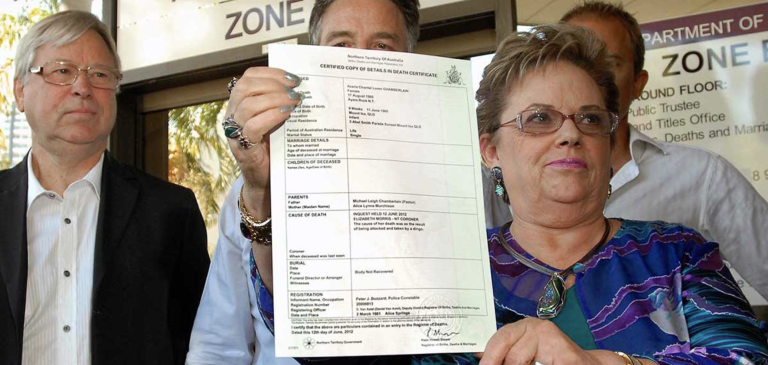
Royal Commission of Inquiry into Chamberlain Convictions
A copy of the Royal Commission Report is available below. You will need to download it and read the pdf file. Royal Commission of Inquiry into Chamberlain Convictions, Report, Commonwealth Parliamentary Papers (1987), volume 15, paper 192
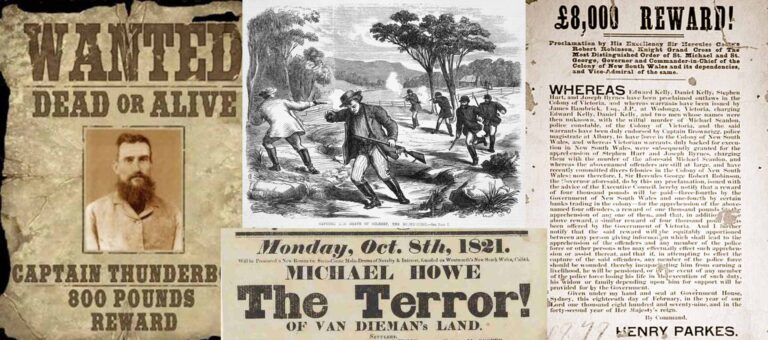
Dead or Alive
In colonial times the emphasis was on controlling convicts, eliminating bushrangers, and expropriating Aboriginal land by force frequently involving murder. These activities paid little, if any, attention to due legal processes or fundamental legal rights.

Open a Coronial Inquest into the Disappearance of Bruce Gavin Schuler
This is a request for a coronial inquest into the disappearance of Bruce Gavin Schuler to be opened by the Queensland Goverment. It is only open to residents of Queensland to sign but it requires 10,000 signatures to succeed. The…